Accessory Dwelling Units (ADUs) in the Bay Area: Rules, Costs & ROI
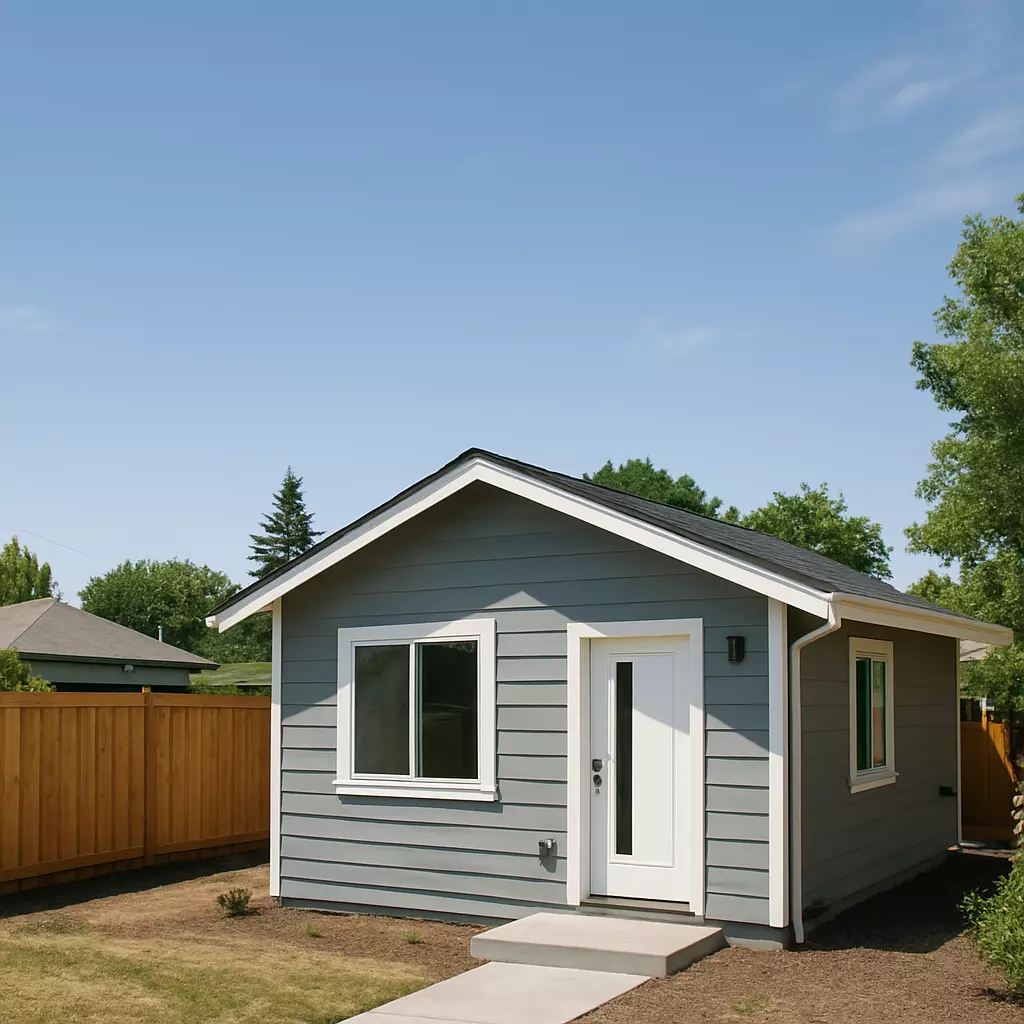
In the post-COVID era, the way we live, work, and think about space has changed dramatically. One of the clearest examples of this shift is the surge in popularity of Accessory Dwelling Units (ADUs), especially in high-demand housing markets like the Bay Area.
Whether you’re a homeowner looking to generate passive income, create space for multigenerational living, or boost your property value, ADUs have become a compelling option. But before diving into an ADU project, it’s essential to understand the local regulations, costs, and return on investment (ROI). Here's what you need to know.
What is an ADU?
An Accessory Dwelling Unit is a self-contained residential unit located on the same lot as a primary home. It can be:
- Detached: A separate structure (like a backyard cottage or tiny home).
- Attached: Built as an extension of the main house.
- Garage Conversion: Turning an existing garage into a livable space.
- Interior Conversion: Transforming part of the main house (e.g., a basement or attic).
In California, ADUs are also known as granny flats, in-law units, or backyard homes.
Bay Area ADU Rules: What You Need to Know
Recent California legislation has made it much easier to build ADUs:
- No Owner-Occupancy Requirement: At least until 2025, you don’t have to live on the property to add an ADU.
- Reduced Parking Requirements: No parking needed if your ADU is near public transit.
- Streamlined Permitting: Cities must approve or deny ADU applications within 60 days.
- Multiple Units Allowed: In some cases, homeowners can build both an ADU and a Junior ADU (JADU) on the same lot.
Each city or county within the Bay Area may have slightly different rules regarding height limits, setbacks, and maximum square footage. Be sure to check with your local planning department.
Cost of Building an ADU in the Bay Area
Building an ADU isn’t cheap, but it can be a smart investment. Here's a rough breakdown of costs in 2025:
|
Type |
Estimated Cost |
|
Garage Conversion |
$80,000 – $150,000 |
|
Attached ADU |
$150,000 – $250,000 |
|
Detached ADU |
$200,000 – $400,000+ |
Factors that impact cost:
- Design complexity
- Size and layout
- Site conditions (sloped lots, utility access)
- Material costs and labor rates
- Permitting and impact fees (though many cities are reducing or waiving these)
ADUs Post-COVID: A Smart Investment
The COVID-19 pandemic reshaped how people use their homes. Here’s why ADUs have become even more valuable:
1. Remote Work + Private Space
With remote and hybrid work now the norm, people need flexible spaces. An ADU can be a home office, studio, or quiet retreat separate from the main house.
2. Rental Income
Bay Area rental prices remain high. An ADU can generate $2,000 to $4,000/month depending on location and size — significantly offsetting your mortgage or even becoming a primary income source.
3. Multigenerational Living
Many families are now housing aging parents or adult children. An ADU offers privacy while keeping loved ones close.
4. Property Value Boost
On average, an ADU can add 20-30% to your property’s value, depending on quality and rental potential.
What’s the ROI on an ADU in the Bay Area?
Let’s break it down with a simple example:
- Construction Cost: $250,000 for a 1-bed detached ADU
- Monthly Rent: $3,000
- Annual Income: $36,000
- ROI: ~14% annual gross return (before expenses/taxes)
Over 8–12 years, you could recoup your initial investment — while also enjoying increased property value and rental income long after.
Final Thoughts
Building an ADU in the Bay Area is more than a trend — it’s a strategic way to adapt to the region’s housing challenges while maximizing your property’s potential. With new laws making construction easier and more cost-effective, 2025 may be the perfect time to explore an ADU project.
Whether you’re planning for family, investment, or flexibility, an ADU could be your smartest move yet.
Need Help Getting Started?
Many cities offer free ADU guides and pre-approved plans. You can also consult local architects, builders, or ADU specialists who understand the permitting process and cost-saving options available in your city.
Categories
Recent Posts

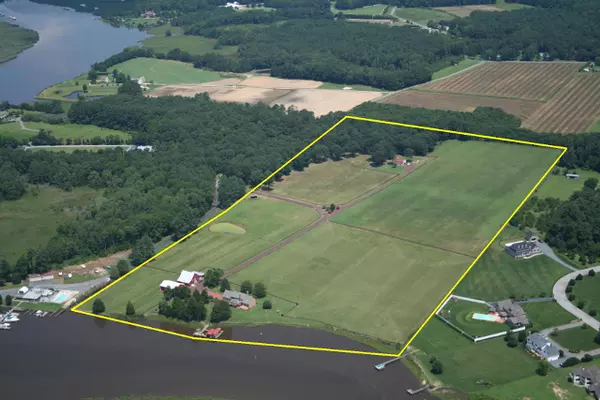
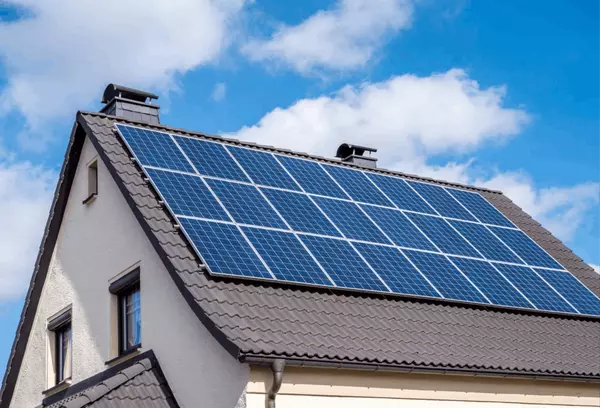
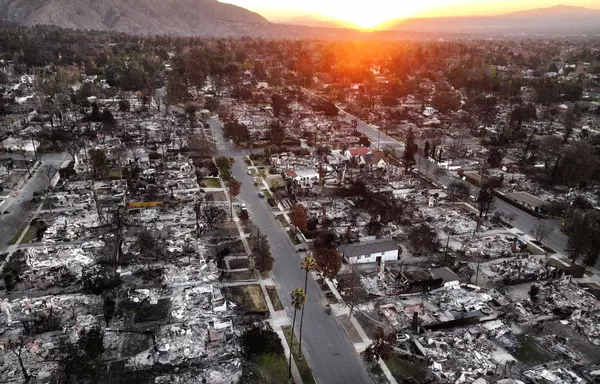

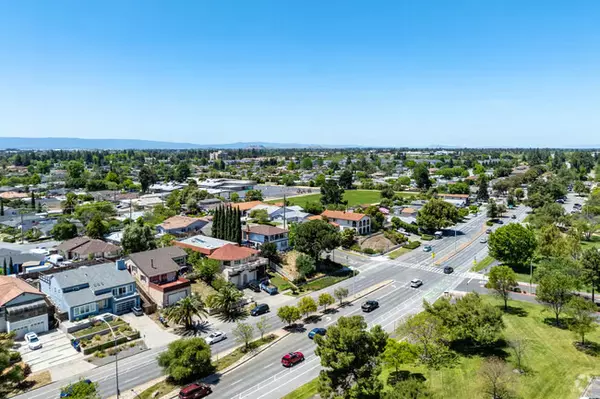
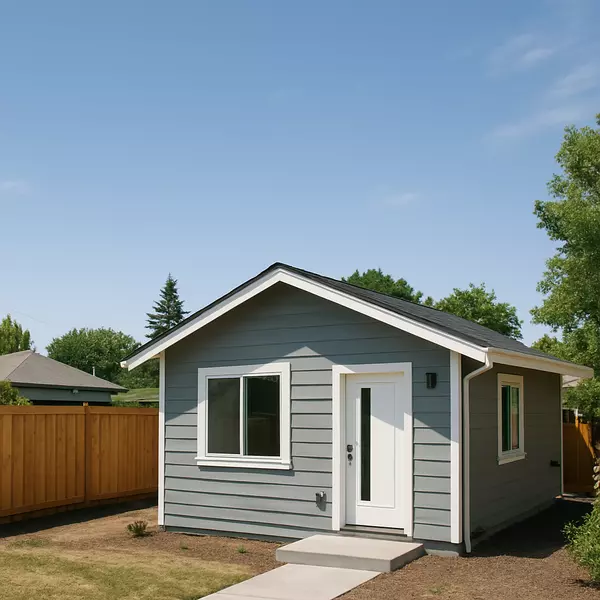


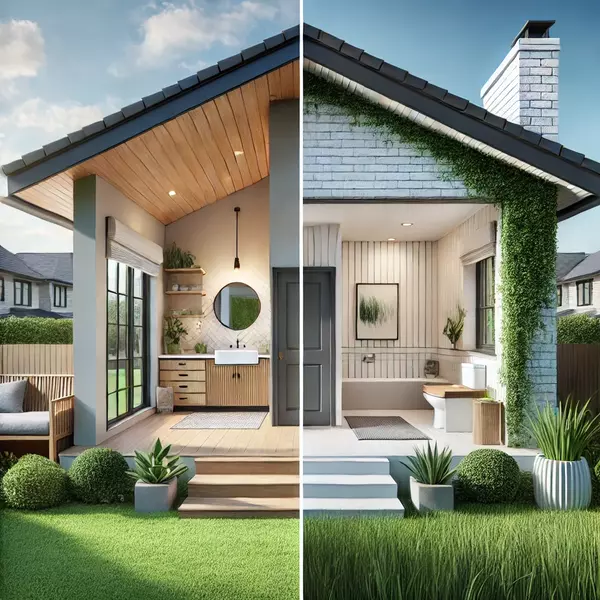
GET MORE INFORMATION

Parisa Samimi
Founder & Real Estate Broker | License ID: 01858122
Founder & Real Estate Broker License ID: 01858122
